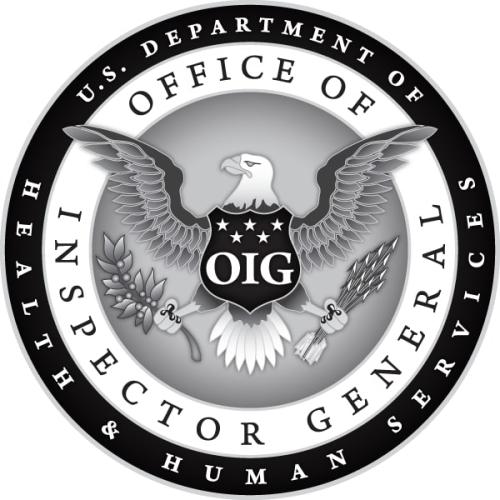Macro trends & constraints to financial resiliency
Technology as a remedy: frameworks for evaluating & demystifying AI
Translating AI into real-world business value
Tangible examples of measured impact: Revenue + Cost/Labor

Macro trends & constraints to financial resiliency
Technology as a remedy: frameworks for evaluating & demystifying AI
Translating AI into real-world business value
Tangible examples of measured impact: Revenue + Cost/Labor


Thomas is an accomplished professional with 18 years of experience in the healthcare industry, specializing in the Coordination of Benefits. Currently serving as the Manager of Reporting and Data Analysis at Elevance/Carelon. His career is marked by a commitment to leveraging data-driven insights to enhance efficiencies and drive strategic decision-making.

Eric Branson is a special agent with the Department of Health and Human Services Office of Inspector General. Eric started investigating healthcare fraud in August 2011, spending time at both a Medicare and Medicaid contractor as well as working for the US Attorney's Office in the Middle District of Tennessee prior to becoming an agent. During that time, he has investigated fraud committed against both government and commercial insurance payors perpetrated by doctors, laboratories, pharmacies, home health agencies, durable medical equipment suppliers, and other healthcare providers. Eric graduated from Middle Tennessee State University with a Master's degree in Criminal Justice.

Morgan Ivey is a healthcare transactions attorney in Holland & Knight's Nashville office. Ms. Ivey assists healthcare clients with a wide range of strategic transactions, including recapitalizations, leveraged buyouts, mergers, acquisitions, joint ventures and divestitures involving physician practices, behavioral healthcare facilities, dental practices and other healthcare platforms. She also represents clients in the sale of portfolio companies and investments involving private equity and other strategic buyers.
Ms. Ivey works extensively with physician practice management companies and dental support organizations operating across the United States. Her experience includes transactional matters across the healthcare spectrum, including multi-specialty practices, orthopedics, chiropractic medicine, physical therapy, occupational therapy, speech therapy, dermatology, aesthetics, women's health, dental, dental specialty and other healthcare practices. She also counsels clients on general corporate, equity, structuring and operational matters. Clients benefit from her extensive experience with state corporate practice restrictions throughout the country.